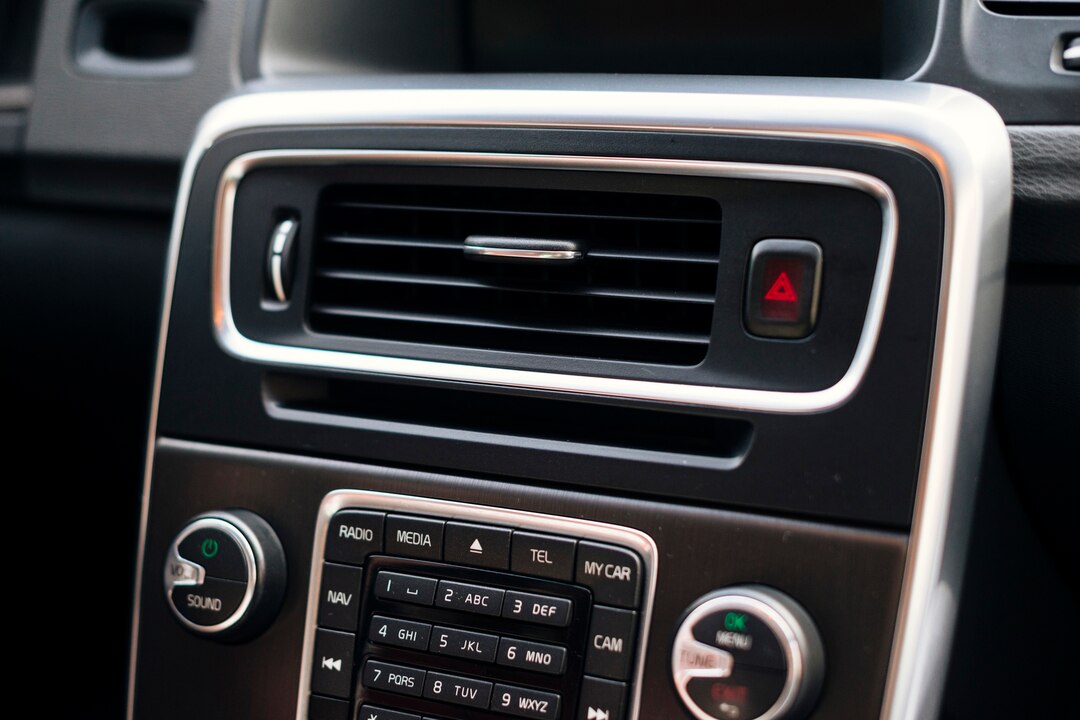Your car’s air conditioning system plays a crucial role in keeping you comfortable on the road, especially during hot summer months. The condenser is a vital component of this system, responsible for cooling and condensing refrigerant vapor into liquid. When the condenser malfunctions, it can lead to poor cooling performance and other issues. In this article, we’ll explore 10 signs that indicate your car condenser may need replacement, helping you stay ahead of potential problems and maintain optimal performance.
1. Weak or Warm Airflow:
- One of the most obvious signs of a failing condenser is weak or warm airflow from the air conditioning vents. If you notice that the air blowing from your vents is not as cold as it used to be, it could indicate a problem with the condenser.
2. Reduced Cooling Performance:
- Another telltale sign of a failing condenser is reduced cooling performance. If your air conditioning system struggles to maintain a comfortable temperature inside the car, even when set to maximum cooling, it may be due to a malfunctioning condenser.
3. Leaking Refrigerant:
- A leaking condenser can lead to a loss of refrigerant, which is essential for the proper functioning of the air conditioning system. If you notice puddles of refrigerant fluid under your car or detect a sweet, pungent odor coming from the vents, it’s a clear indication of a refrigerant leak and a potential condenser issue.
4. Hissing or Sizzling Sounds:
- A damaged condenser may produce hissing or sizzling sounds when the air conditioning system is turned on. These noises can indicate a refrigerant leak or pressure buildup within the condenser, both of which require immediate attention.
5. Visible Damage:
- Inspect the condenser for any visible signs of damage, such as dents, cracks, or bent fins. Physical damage to the condenser can impair its ability to function properly and may necessitate replacement.
6. Overheating Engine:
- In some cases, a failing condenser can cause the engine to overheat. This occurs when the condenser is located in front of the radiator and obstructs airflow, preventing proper cooling of the engine. If you notice your engine temperature rising unexpectedly, it may be due to a faulty condenser.
7. Unresponsive Air Conditioning Controls:
- If the air conditioning controls in your car become unresponsive or fail to adjust the temperature or airflow properly, it could indicate an underlying issue with the condenser or other components of the air conditioning system.
8. Rapid Cycling of the Compressor:
- A malfunctioning condenser can cause the compressor to cycle on and off more frequently than normal. This rapid cycling can lead to increased wear and tear on the compressor and other components of the air conditioning system, ultimately requiring costly repairs.
9. Excessive Moisture Inside the Car:
- A failing condenser may struggle to remove moisture from the air inside the car, resulting in excessive humidity and condensation on the windows. If you notice foggy or misty windows, especially when the air conditioning is running, it may be a sign of condenser issues.
10. Check Engine Light:
- In some cases, a failing condenser can trigger the check engine light to illuminate on the dashboard. While this indicator can be caused by various issues, it’s essential to have the car inspected by a qualified mechanic to diagnose the underlying cause, which may include a faulty condenser.
Recognizing the signs of a failing car condenser is crucial for maintaining the comfort and performance of your vehicle’s air conditioning system. By staying vigilant and addressing any issues promptly, you can avoid potential breakdowns and costly repairs down the road. If you experience any of the aforementioned signs, it’s advisable to consult a qualified mechanic to diagnose the problem and determine whether condenser replacement is necessary.











